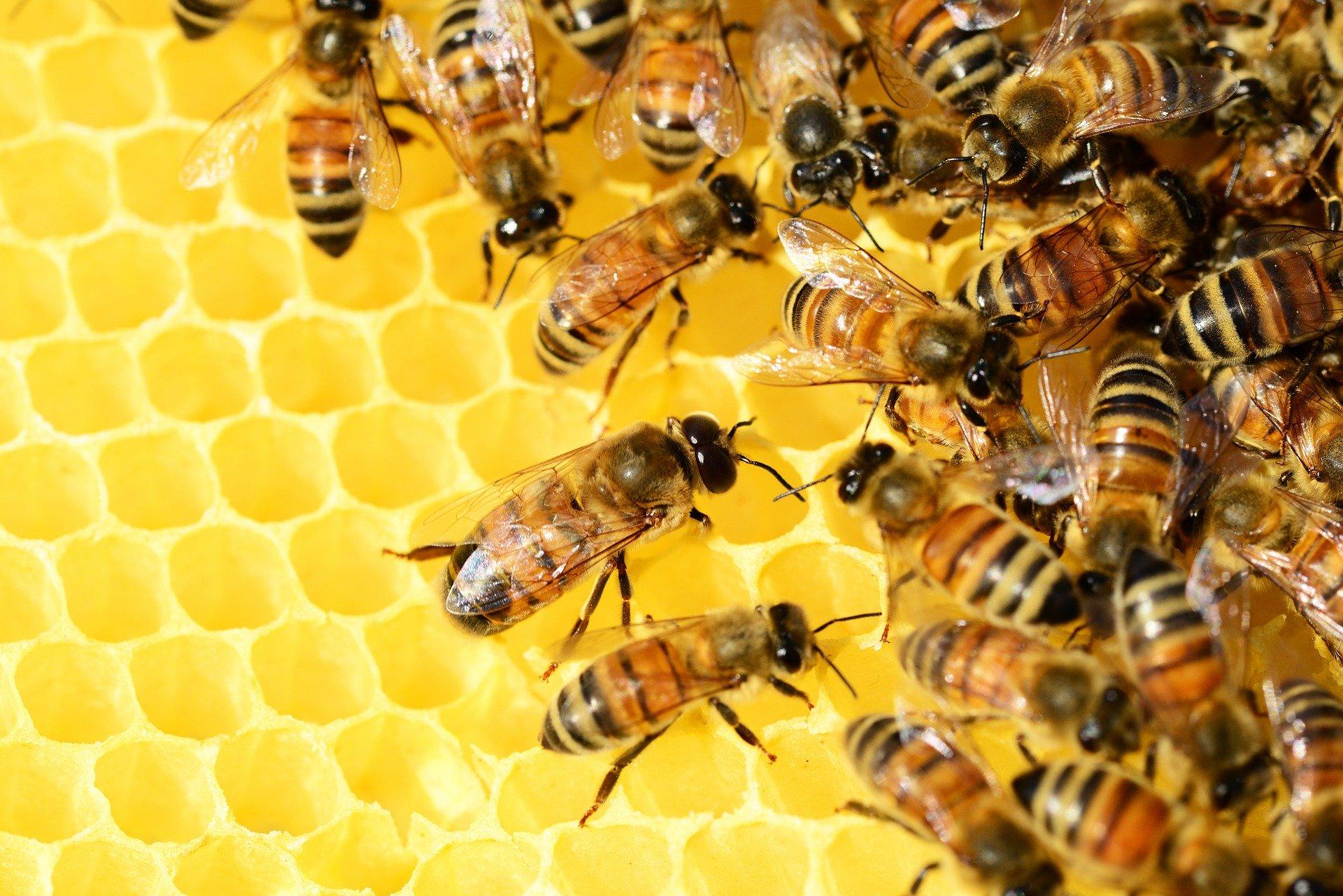According to the United States Department of Agriculture, Agricultural Research Service website, Colony Collapse Disorder (CCD) threatens the health of honeybees across the nation, the issue exacerbating in the 1980s with the increase of new pathogens & pests. Since a great number of agricultural crops we grow in Maryland depend on honeybee pollination, the honeybee decline threatens our food industry.
One response is the Bee Informed Partnership which is dedicated to understanding the management practices of beekeepers. Supported by the United States Department of Agriculture and the National Institute of Food and Agriculture, the Bee Informed Partnership is a collaboration of leading research labs, universities of agriculture, commercial beekeeping industries, commercial growers, beekeepers, naturalists, and conservationists from across the nation. The result is the determination of trends towards better beekeeping and healthier colonies by region.
One outcome related to this crisis is the increase in resources, support, and training available to anyone who is interested in a backyard colony. Honeybees, not only valued for their role in pollination, are valued for their products. Keepers of honeybee hives can harvest products for resale including beeswax, pollen, honey, and more. The need-for-the-bees makes apiculture another emerging agricultural enterprise for Maryland farmers and backyard beehive enthusiasts.
